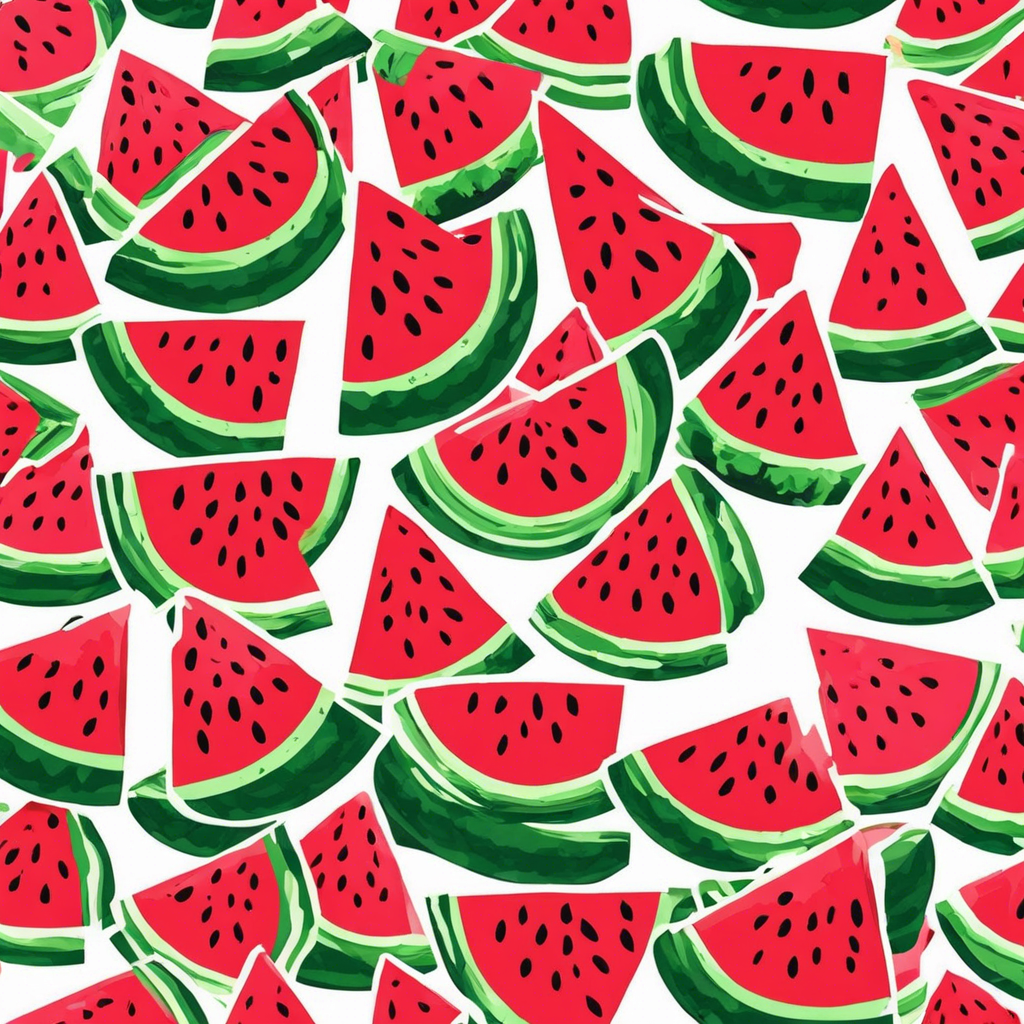“Watermelon, the quintessential summer fruit, beckons humans and dogs alike with its juicy sweetness. But can our canine companions safely indulge in this refreshing treat? The answer is a refreshing yes, watermelon can indeed be a delightful and healthy snack for your furry friend.
This fruit is not only a tasty delight but also a nutritional powerhouse for both humans and dogs. It’s packed with vitamins A, B6, and C, offering a range of health benefits. Vitamin A supports a healthy immune system and promotes good vision, while vitamin B6 aids in protein metabolism and red blood cell formation. Vitamin C, an antioxidant, helps combat harmful free radicals and supports overall health and well-being. Watermelon is also a good source of potassium, which is essential for maintaining proper nerve and muscle function, and it’s rich in lycopene, an antioxidant associated with a reduced risk of heart disease and certain types of cancer. These nutritional benefits extend to our four-legged friends, providing a healthy snack option.
When feeding watermelon to your dog, it’s crucial to follow some simple guidelines. Always remove the seeds and the rind. While watermelon seeds are not known to be toxic to dogs, they can cause intestinal blockage if consumed in large quantities. The rind, being tough and difficult to digest, could pose a choking hazard or lead to gastrointestinal upset. Therefore, it’s best to offer your dog seedless, rind-free watermelon that’s been cut into bite-sized pieces to prevent any potential health risks.
The sweetness of watermelon comes from natural sugars, making it a healthier alternative to many processed dog treats. However, these natural sugars can still affect your dog’s blood sugar levels. As such, watermelon should be given in moderation, especially to dogs with diabetes or those on a calorie-controlled diet. A good rule of thumb is to offer watermelon as an occasional treat, comprising no more than 10% of your dog’s daily calorie intake.
Watermelon can be a fun, interactive treat for dogs, especially during the hot summer months. You can freeze watermelon puree in ice cube trays to create refreshing watermelon pops for your pup. These frozen treats can help keep your dog cool and entertained, providing a hydrating snack after a long walk or play session. As always, monitor your dog when introducing new foods, and adjust the quantity based on their individual health needs and preferences.
In conclusion, watermelon can be a delightful, healthy addition to your dog’s diet, providing essential vitamins and minerals. Just remember to serve it responsibly, removing seeds and rind, and offering it in moderation. So, the next time you’re enjoying a juicy slice of watermelon, feel free to share a dog-friendly portion with your furry friend, knowing it’s a safe and nutritious treat for them to enjoy.”

